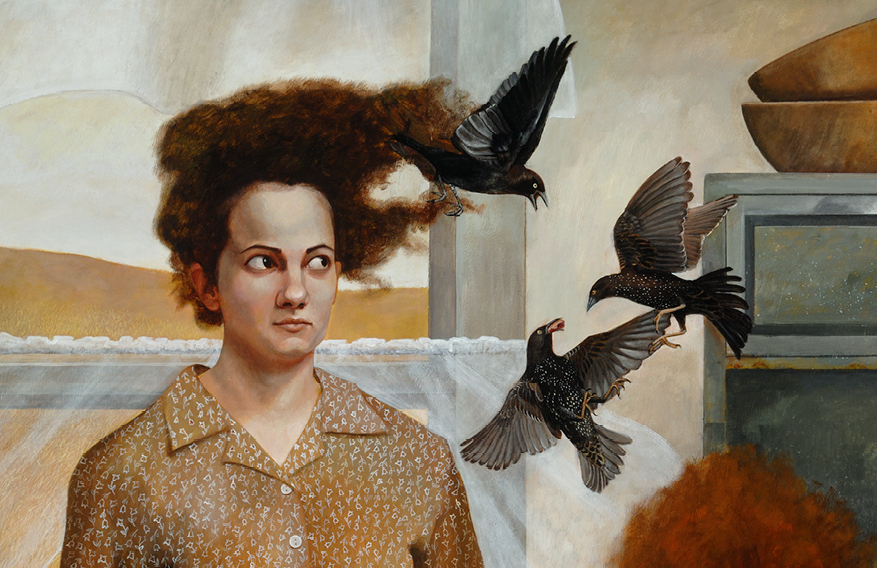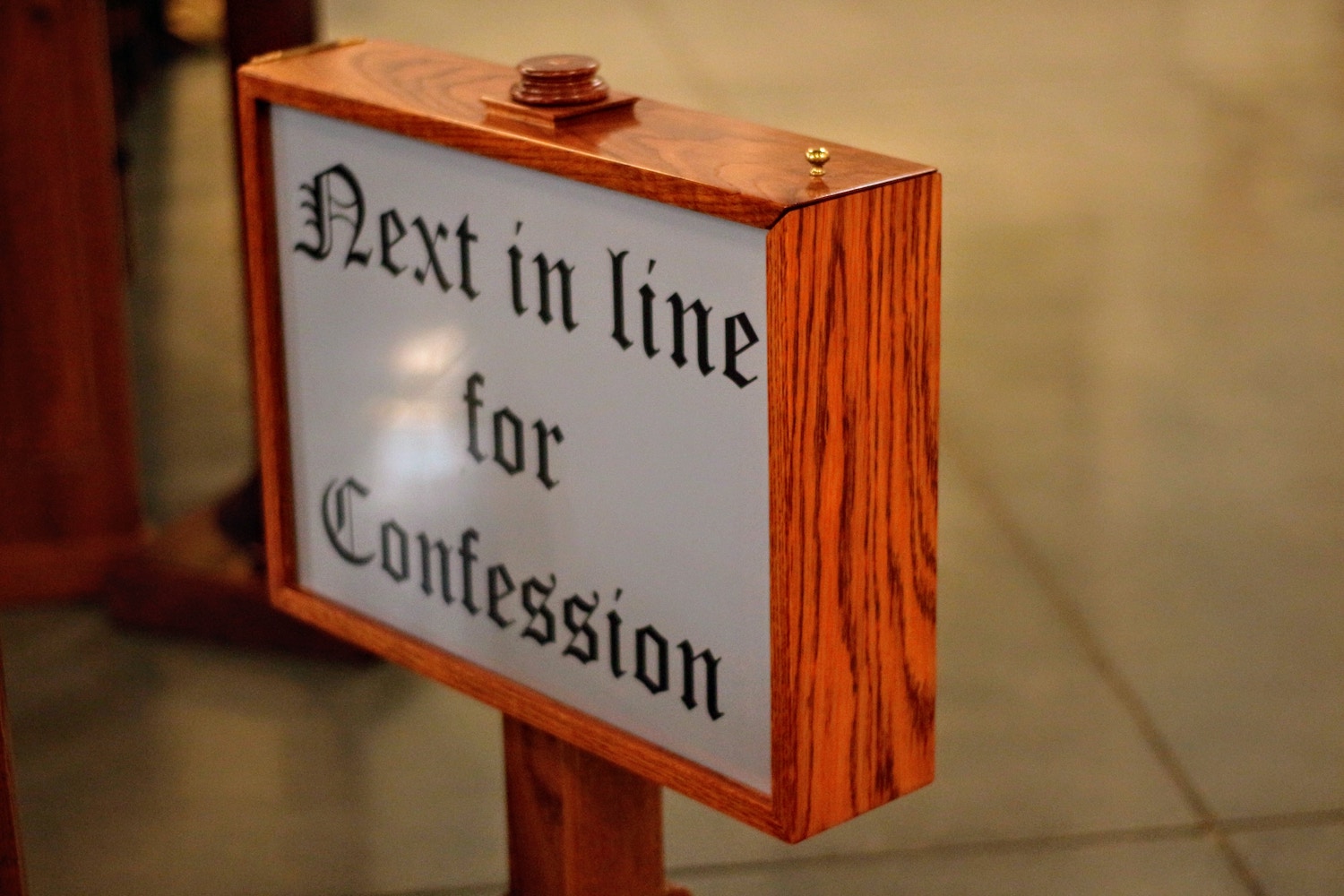Craft
Teaching Orphaned Girls to Be Heard Through Poetry
An Episcopal priest learns how to teach poetry in a Honduras orphanage

O n my first visit to Our Little Roses in Honduras, a nation of 250,00 orphans, a girl says to me, “Don’t forget us.” Maybe she says it to every gringo that passes through the only home for abandoned girls in the murder capital of the world, but in my case, her request changes my life. I go back and live a year in the orphanage. I can’t just say “yes” to her and not mean it.
The only way I can think of to honor this request is to teach them poetry and put together a book of their poems. So what if my Spanish is early days? So what if I have hardly taught? So what if I don’t know much about anthologies? So what if I need to find a grant because the church doesn’t support this idea? So what if I knew little about pubescent girls and menstruation?
So what if I need to find a grant because the church doesn’t support this idea? So what if I knew little about pubescent girls and menstruation?
I don’t look good on paper but I forge ahead, get the grant, start teaching. About two months into my time, I am completely exasperated. The girls do not want to write poems. They are not paying attention. The girl who asked me not to forget them is ignoring me. In addition, I’ve invited a documentary film crew, too, so what becomes more disturbing to me is the crew may be capturing for all time my biggest disaster.
When ‘Good Writing’ Means ‘White Writing’
I go to visit the founder in her office to ask her advice, she who welcomed this poetry idea. She’d said with hesitant joy, “Well, it’s ambitious.” The keys on a string around my neck jangle; I look grim as a jailer. Behind me, the kids in their uniforms laugh and yell. I believe they are mainly laughing at me. It’s a lonely business. The founder turns to me and says:
“You see that girl in your 11th grade class, the one that has been giving you trouble? Let me tell you about her. At the age of four, her mother gave her away to a stepmother. The stepmother tied a rock around her neck and threw her in a well. She screamed for days. A neighbor found her and brought her to our doorstep. She’s been here for fourteen years and no one has ever come to visit her on Family Day.” Out the window, girls and young women laugh, bounce balls, step lightly, eat baledas.

Back I go to the classroom. Through my windows I can see the mountains, blue on blue on blue, and mangoes hang, ripe and orange. There is that troublesome girl, smiling shyly, holding her pencil, waiting for me to begin. Knowing her story, my teaching changes. If she writes a poem, fine; if not, fine.
There is that troublesome girl, smiling shyly, holding her pencil, waiting for me to begin. Knowing her story my teaching changes. If she writes a poem, fine; if not, fine.
That girl and I sit in the courtyard after class. A turtle near the fountain twitches. Around us the other 71 girls carelessly play. Prompting her toward a poem, I ask the girl to use the word “charity.” What comes back is the truth as she knows it:
What is home for you?
Your school can be your home
even if you don’t have a bed.
Living here has been like
tasting cotton candy:
It is that sweet.
Her poem changes my teaching: the minute I see it, hear it, digest it, I awaken. The next day I come up with new techniques. The textbooks from Texas handed down year after year with ripped and scribbled-on pages kill the energy, so I ask the girls to drop them onto the floor. Thunk! Thunk! We never pick them up again. There’s mischief now in that room. And there’s more love in me and they smell it.

I say, “Look at me! Mírame!” All I deploy from now on is spoken words. “Listen to this,” I say as I begin to recite. One girl who has been sleeping all semester shifts her head just a little. Has she really been listening the entire time? “Now you say it,” I suggest. The girls stiffen. “That’s right, take out your pencils and write down what I am saying, I will say it again.” The world between us opens.
What works is for me to repeat the poems to them and for them to repeat the poems back to me: a call and response. What works is asking them to memorize poems. We harken back to poetry’s oral tradition. They see poetry as something durable and invisible, like those girls, like Honduras, like me: a poet, a priest, gay.
We harken back to poetry’s oral tradition. They see poetry as something durable and invisible, like those girls, like Honduras, like me: a poet, a priest, gay.
I stand at the whiteboard with marker pens that don’t work. I have my elegant lisp from a year prior in Madrid learning Spanish. The girls look at me like I am a circus freak.
Am I paranoid or are they whispering what I dread? “He’s gay, right?” I like being called gay as much as they like being called orphans: not much. Especially if someone says it before we do. Makes people laugh, makes people pity. Now I never know what those girls think but I’m going to guess that like psychics they can see my history of suicide, family estrangement, and a lock-up in a psychiatric ward.
Straitjacketed in their navy blue school uniforms, sweating, their foreheads like windows after a rainstorm, I decide to introduce dancing. I find a pitifully old boom box and a recording of Diana Ross and The Supremes singing “Stop in the Name of Love.” I say, “After every vocabulary quiz we will dance to The Supremes. For twenty minutes.” When I tell them this at first they look at me stunned as if to say, “You’ve got to be kidding me, Mister.” But it doesn’t take long to convince them. We dance: the girls undulate, and I, the old gringo, bust a move.
Am I paranoid or are they whispering what I dread? “He’s gay, right?” I like being called gay as much as they like being called orphans: not much. Especially if someone says it before we do.
Weeks go. We start with Shakespeare’s 18th Sonnet: “Shall I compare thee to a summer’s day?” We tackle Auden, Machado, the 23rd psalm King James version and an anonymous poem from the Terezin concentration camp. Odd grouping I know, but it’s what’s in my head and with faulty internet and power outages it’ll have to do. No textbooks. No paper. We study words they don’t know. They each keep a diary.
Support Electric Lit: Become a Member!
The girls write poems first in Spanish, then translate them into English, or first in English and then in Spanish. Girls protect their stories. Some of the girls are truculent, intractable, mercurial, stubborn. Their personal stories are what they have, often all they have, so exposing that to strangers does not happen quickly, and sometimes it feels like it will never happen, and that becomes fine with me. Exposing feelings is delicate surgery. The girls snap like the turtle they torture in the courtyard. One girl writes, “It is horrible to know you’ve been thrown away.” I think, “Careful, Spencer.” Some of the girls will only publish anonymously; like Emily Dickinson before them, the idea of publication horrifies them. It’s like “publishing your soul,” Dickinson had said. And yet in the same breath many of them also want to be known. Dickinson sent 575 of her poems out in letters. So a part of her wanted to be heard. Poetry roots in the loam of wanting to be heard and not seen.
Tick-tock. My last day approaches, along with a mounting enthusiasm for poetry. It’s close to Christmas, 2013. We plaster the school hallways with poems. One girl, not in my classes, who speaks no English, studying to be a beautician, hands me a piece of paper crumpled into a ball, and says, “For you, Mister.” The poem is titled, “Invisible for All My Life.”

Another girl comes to me, who had been stabbing her pencil into the sofa when we met privately saying how much she hated poetry, and now says to me, shoulders back, “Yes, Mister, I want to recite the Langston Hughes poem about Helen Keller.” She recites with more confidence than I’ve ever seen. Where did it come from? For months she had paid no attention, had emphatically stated she wanted her poem to be anonymous in the book, and then, after her Hughes recitation, she comes to my desk, looks out the window as all the other students are leaving, and says, “Mister, I want my name in the book.” I tap the letters of her name onto the keyboard, save the name in the document on the laptop, a name she hated most of her life: Leyli Karolina Figueroa Rodriguez.
Girls protect their stories. Some of the girls are truculent, intractable, mercurial, stubborn. Their personal stories are what they have, often all they have.
Much time has gone since I taught those girls. Yet not a day passes that I don’t think about them in my church office in Madrid, how they trusted me to pastor their book of poems to the world this Christmas. The book was difficult to publish. Half the editors didn’t know where Honduras was. Many rejected us.
For so long I thought they needed someone with better Spanish or a Latino or someone better informed about social justice. I’m no Gabriela Mistral. Anyone but white, eccentric, bohemian, expat me. Wasn’t I better off publishing poems from abroad, staying removed from things like Elizabeth Bishop? I’d tried mightily to hand off this project to anyone the year before and the year during when I lived there. But it didn’t work out. God kept pushing me to the center of the room. Who’s to make sense of it? These days, I suppose many might shy away from the idea of a white American priest teaching the brown people.
But then the girl from the well had turned to me at Christmas and said, “Now I know why God brought you here.” (God is never used ironically in Honduras like in Europe or the U.S.). “Really,” I say, incredulously. “Yes,” she said, straightening her back, “God brought you here because you understand us.” I know what she is saying: “Mister, you know what it’s like to be thrown away.” Those girls. Maybe you’d have to know them for this story to make sense. Maybe you will.

About the Author and the Project

Born in Hartford, Connecticut, and raised in Minneapolis, poet Spencer Reece is the son of a pathologist and a nurse. He earned a BA at Wesleyan University, an MA at the University of York, an MTS at Harvard Divinity School, and an MDiv at Yale Divinity School. He was ordained in the Episcopal Church in 2011. Reece’s debut collection of poetry, The Clerk’s Tale (2004), was chosen for the Bakeless Poetry Prize by Louise Glück and adapted into a short film by director James Franco. He is also the author of the collection The Road to Emmaus (2013), which was a longlist nominee for the National Book Award.
Counting Time Like People Count Stars, the book of the girls’ poems, was published by Northwestern University Press in October 2017. Learn more about the Our Little Roses poetry project at the BBC.









